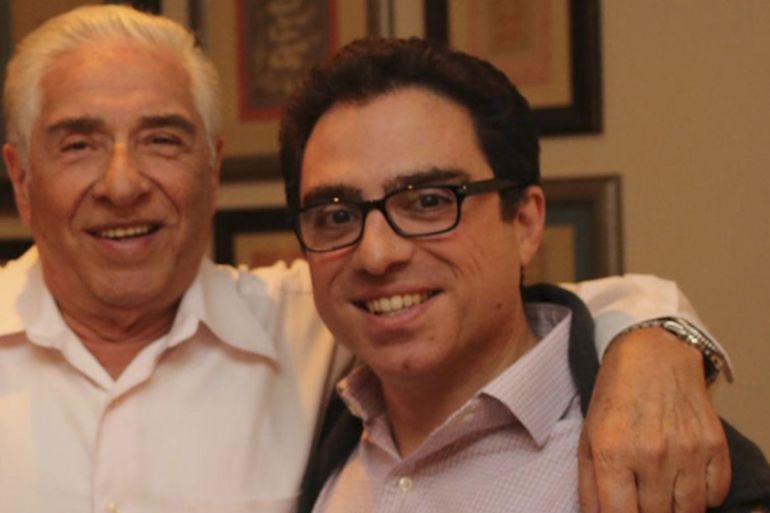US and Iran in indirect talks on prisoner swap deal: Report
Qatar and UK are acting as intermediaries to secure agreement to release Americans jailed in Iran, NBC News reports.

The United States and Iran are in indirect negotiations to secure a possible prisoner exchange, with Qatar and the United Kingdom acting as intermediaries, NBC News has reported, citing four unidentified sources.
The US news outlet said on Wednesday that the talks “have made progress”, but it remains unclear whether an agreement can be reached soon.
Keep reading
list of 3 itemsIranian-French academic Fariba Adelkhah released from Iran prison
Iran’s Raisi leads large delegation in first state visit to China
The possible deal would see Tehran free American detainees in its custody as part of the prisoner exchange. Washington would also allow the release of billions of dollars of Iranian funds frozen by South Korea under US sanctions, according to NBC sources.
Use of the money would be limited to buying food, medicine and other humanitarian needs, the sources said. The news agency also reported that a third country, possibly Qatar, could potentially oversee the transfer of the assets.
Asked to comment on the report, US State Department Spokesman Ned Price told reporters he was “not able to get into the details of what it is that may be underway” stressing that discussions with allies and partners were “sensitive”.
“What is not sensitive and what I repeat just about every time the question is posed, is that we’ve been unambiguous with the Iranian regime about the priority we attach to seeing the safe and prompt returns of the three Americans that are currently wrongfully held in Iran.”
The report comes amid stalled efforts to revive the 2015 multilateral nuclear deal under which Tehran was to scale back its nuclear programme in exchange for having international sanctions against its economy lifted.
Former US President Donald Trump had nixed the deal in 2018, but his successor, Joe Biden, has said he intends to return to the agreement. Numerous rounds of indirect talks over the past two years, however, have failed to restore the pact.
US-Iranian relations have been further complicated by a crackdown on anti-government protests in Iran and Washington’s allegations that Tehran supplied Russia with drones to be used against Ukraine.
Iran is currently imprisoning at least three US citizens — Siamak Namazi, Emad Shargi and Morad Tahbaz — and Price reiterated on Wednesday the State Department position that they are unjustly detained.
Namazi, an Iranian-American businessman who has been jailed since 2015 on charges of cooperating with a hostile government, went on hunger strike last month. He also wrote a letter to Biden — delivered through his lawyer — urging the administration to push for his release.
“We are working tirelessly to bring him home along with all US citizens who are wrongfully detained in Iran,” a National Security Council spokesperson said last month. “Iran’s wrongful detention of US citizens for use as political leverage is outrageous.”
Aside from its efforts to release the detainees, Washington continues to promise it will not allow Tehran to obtain a nuclear weapon, which Tehran denies it is seeking.
During a visit to Israel last month, US Secretary of State Antony Blinken said he discussed with Israeli officials the prospect of “deepening cooperation to confront and counter Iran’s destabilising activities in the region and beyond”.